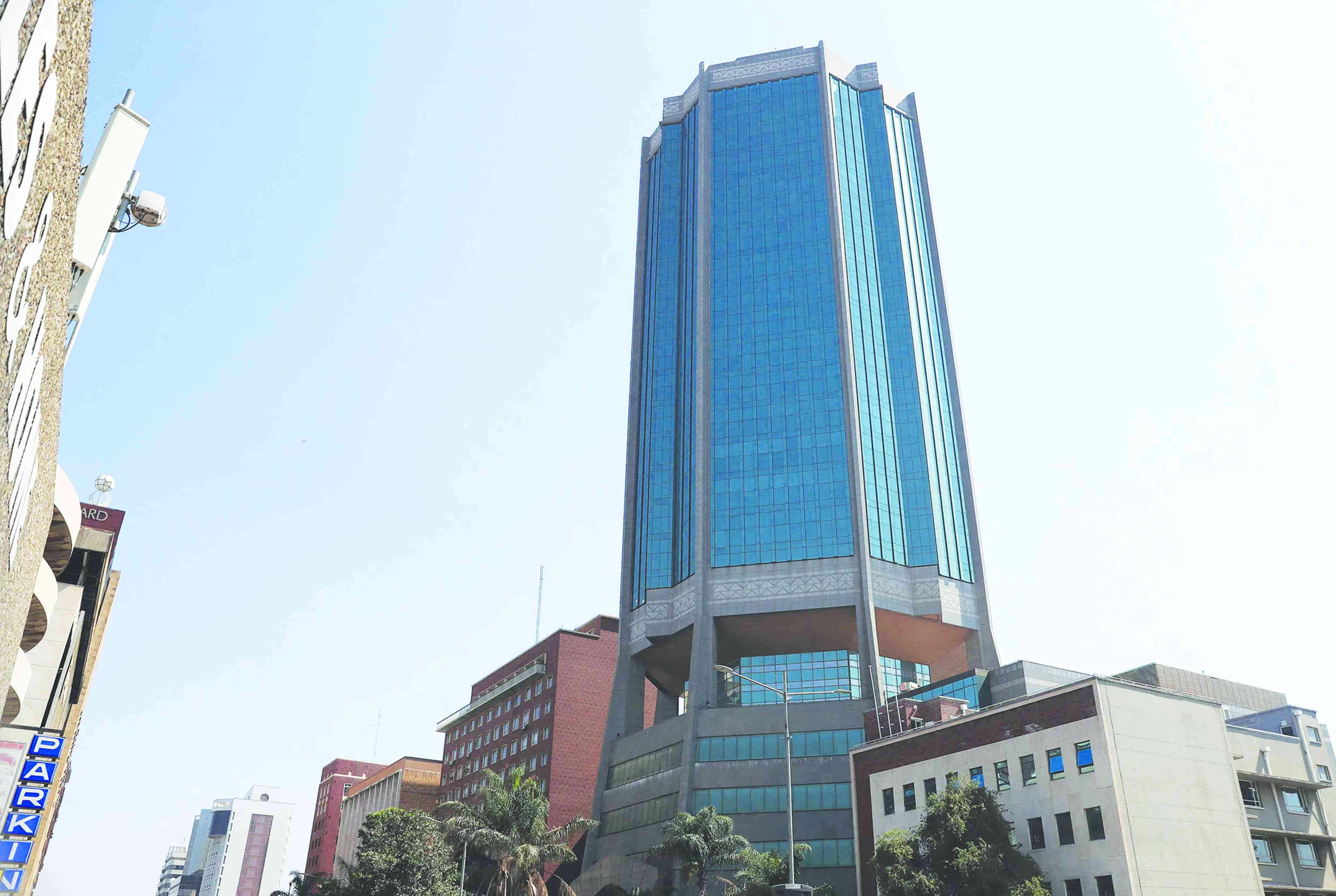
By Agripa Nyahuma WHY are you late?” inquired the teacher as Albert walked into the classroom. “Because I ran alongside my bicycle all the way to school,” Albert replied, almost out of breath.
“Why didn’t you ride your bicycle?” asked the teacher curiously. “Because,” explained Albert, “I was so late I didn’t have time to stop and get on the bike.”
This exaggerated, comical story illustrates a situation that many of us face daily. Rushed, with many tasks to be done and deadlines to be met, we may feel that we are racing from one thing to the next.
But, like Albert, we sometimes slow ourselves down by concluding that we do not have the time to stop and re-organise for effectiveness (Awake magazine)
Time management is the ability to use the time available to get things done when they should be done. To be effective, time must be used to accomplish what must be done in the time available (Mosley DC, Megginson LC, & Pietri PH (1997) (Supervisor Management: The Art of Empowering and Developing People).
According to the above definition, we could save time, use time effectively and efficiently, accomplish more in the long run and reduce stress if we pause to sharpen our skills in time management. Then, instead of viewing time as a relentless master, it could become a helpful servant. But how can this be done?
Setting priorities
Time management consists of goal setting; taking actions every day to reach those goals by drawing up a priority list; starting with the most important ones. The priority list constitutes tasks that are set to meet the goals.
- Chamisa under fire over US$120K donation
- Mavhunga puts DeMbare into Chibuku quarterfinals
- Pension funds bet on Cabora Bassa oilfields
- Councils defy govt fire tender directive
Keep Reading
They help us to make sure that each action is focused, relevant, and results orientated; prioritising which actions need to be done first or are the most important; and rethinking your goals when productivity suffers.
The tasks can be numbered according to importance. Then to the extent possible handle each activity according to that order.
Naturally, there will be times when you may choose to make an exception and not handle a matter in strict priority order, according to your circumstances and preferences.
So stay flexible. Your objective is to stay in control so that what you accomplish each day is by choice rather than by chance.
Do not rush from job to job and worry about accomplishing everything on the priority list. Time management consultant Alan Lakein stresses: “One rarely reaches the bottom of a to-do List. It’s not completing the list that counts but making the best use of your time.”
Taking the time to plan and set priorities, rather than simply diving into a project or task, actually saves time.
As for the unfinished work it can be delegated or transferred to tomorrow’s list. A hard look at tasks on the lowest priority list may reveal that the tasks need not be done at all. An item at the bottom of the list may be on top of the list the next day.
But how do you determine what activities on your list are of high priority? After all, everything on the list might appear to be of high importance.
Urgent and important
A wise king in Biblical times said that a man should “see good for all his hard work”. (Ecclesiastes 3:13)
Some tasks yield better results than others, therefore, it is good to consider what each task will yield. Will you see the good for hard work? Will the task help to achieve the overall objectives of the organisation? If the answer is no then the task is not a high-priority one.
Everything on the list may seem to be urgent. But are urgent matters always important and deserving of the major time invested?
Michael LeBoeuf, a professor of time management at the University of New Orleans, makes this observation: “Important things are seldom urgent and urgent things are seldom important. The urgency of fixing a flat tyre when you are late for an appointment is much greater than remembering to pay your auto insurance premium, but its importance (the tyre) is, in most cases, relatively small.”
Then he laments: “Unfortunately, many of us spend our lives fighting fires under the tyranny of the urgent. The result is that we ignore the less urgent but more important things in life. It’s a great effectiveness killer.”
We need to ask ourselves if the tasks are truly important, then try to spend more time on them. Perhaps an urgent activity does not need immediate attention, or it does not justify a large time investment. Can you do it quickly and move on to the most important ones or can it be delegated?
The 80/20 rule and Pickle Jar Theory
What percentage of the day’s activities would one categorise as a higher priority? This can of course depend on your responsibilities. Time management experts cite that one can narrow the priority list to 20%.
They cite the 80/20 Pareto rule (formulated by Vilfredo Pareto, a 19th century Italian economist) and the Pickle Jar Theory (developed in 2002 by Jeremy Wright).
The 80/20 rule states that 20% of the causes produce 80% of the results.
The Pickle Jar Theory teaches us how to utilise time by doing important tasks first and not worrying about trivial things. In the theory, a jar is filled with fist-sized rocks, when full, pebbles are then filled to take the space between the rocks, and lastly, sand will then be filled, taking up the space between the pebbles.
If the order of filling is reversed, then there will be no space for the rocks because the pebbles and sand would have taken up all the space.
If you are alert, you will find out that there are situations in everyday life where Pareto’s principles apply. Analyse your priority list. Perhaps you could be 80% effective if you accomplish two out of the 10 items listed.
If so, then those are the two most important items on your list. Also, analyse a project before diving in. How much of it is truly important to your objective?
The same goes with the Pickle Jar Theory whereby you concentrate on the important tasks and spend most of your time on them.
Time management consultant Dru Scott, after discussing Pareto’s principle, explains how to make it work for you. She says: “Identify the vital ingredients necessary to achieve your objective. Do these things first. You will get the most results in the least amount of time”.
When efforts are concentrated on the highest priorities, more is done in less time, thus enabling us to attend to a broader range of activities. There are no fixed rules for the personal organisation of our time.
To benefit from the suggestions:
- be flexible,
- experiment,
- adapt, and
- discover what works best for you.
- In conclusion, you might want to look at the following list:
- Work on tasks requiring concentration when you are most alert.
- Delegate work whenever possible. It frees you to accomplish more, and it gives experience to others.
- When doing paperwork, try to handle each piece of paper once, rather than giving it a temporary “parking place”.
- At meetings with others, stick to an agenda. Have specific starting and finishing times.
- Organise your work area with needed tools close at hand.
- Do not feel obligated to accept every social invitation that comes your way. Learn to say no tactfully.
- Standardise shopping and packing lists as much as possible rather than writing up new ones repeatedly.
- Get sufficient rest and relaxation so that you can work effectively.
- Set deadlines.
- Do not procrastinate.
- Break overwhelming tasks into smaller ones.
- Do not be a perfectionist. Concentrate on what is truly important.
- Make good use of waiting time. Write a letter, read, or accomplish some other essential tasks.
- Know that there will be occasions when you will need to spend time on activities you would not choose. Do not waste time fretting about it. Instead, work to get it done.
Nyahuma is a finance professional with ZETDC. He has an HND in Business Studies and an MBA (ZOU). He is a fellow member of SAAA and an associate member of CGI (CIS) being the branch vice-chair of CGI Mutare.










